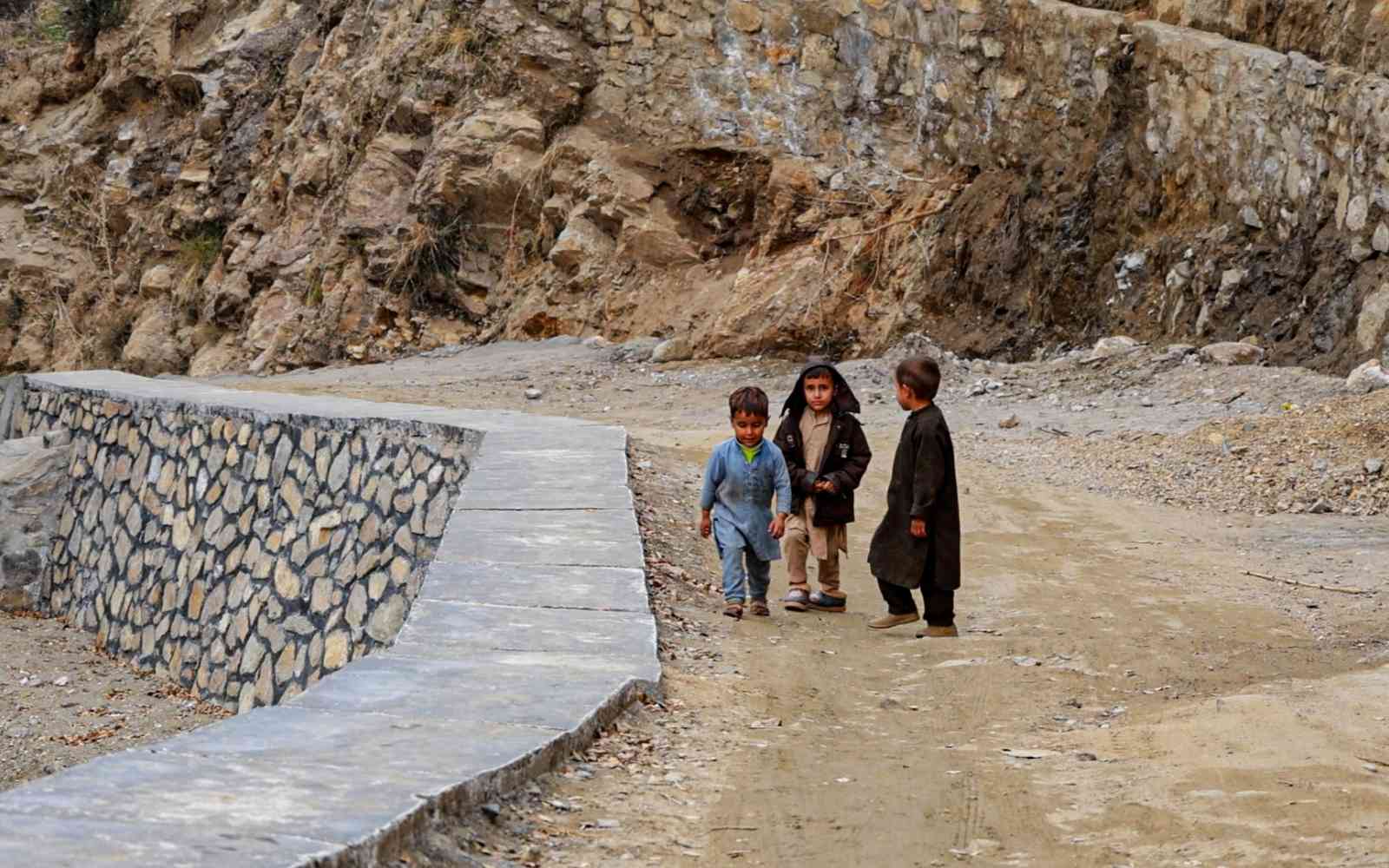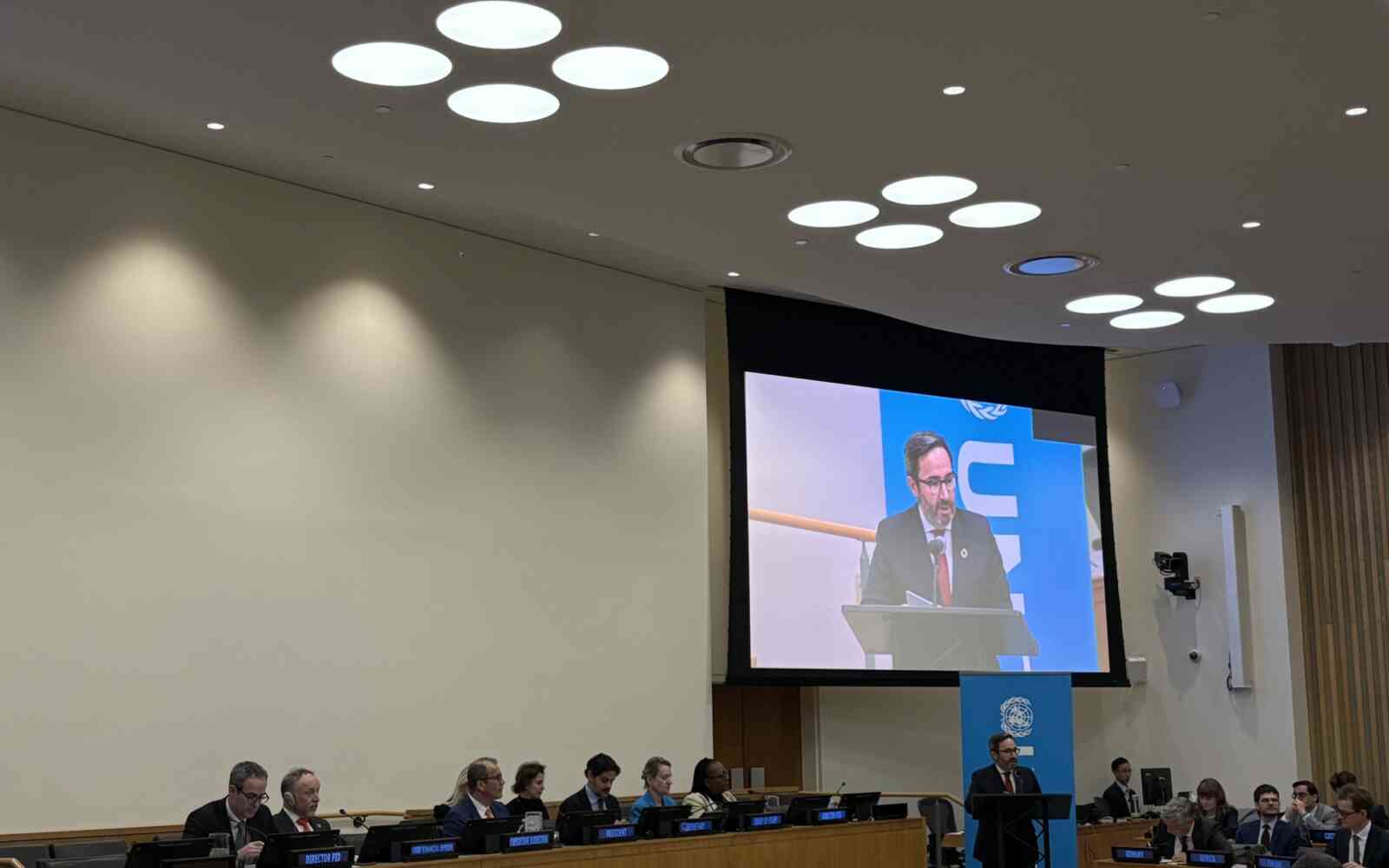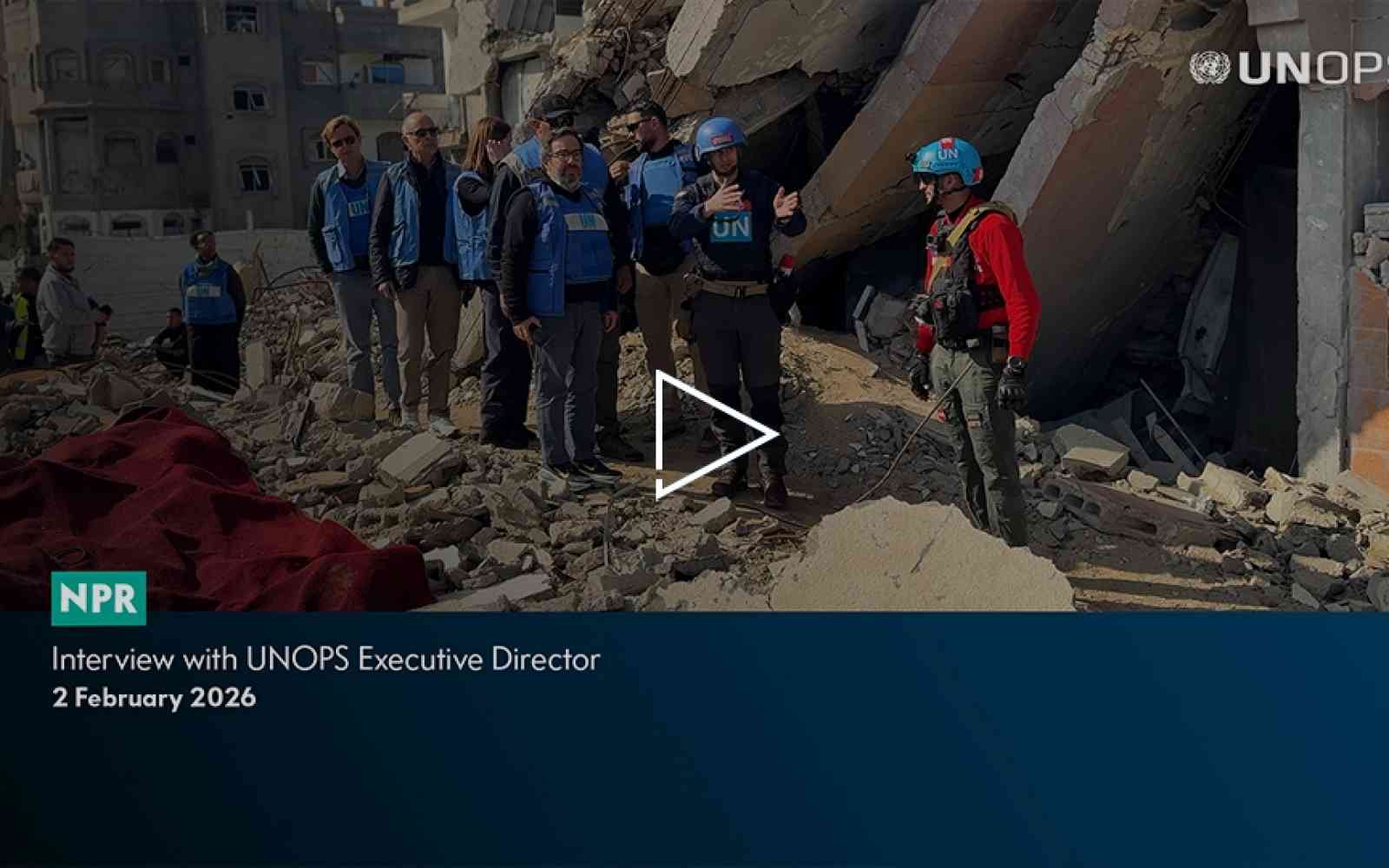The United Nations Office for Project Services (UNOPS)
UN Ocean Conference - Private-sector roundtable on marine pollution
Grete Faremo, Under Secretary General and Executive Director of UNOPS at the UN Ocean Conference, Private-sector roundtable on marine pollution, 7 June 2017
[Check against delivery]
I want to congratulate Erik Solheim and UN Environment on launching the global campaign against marine plastic debris. UNOPS is pleased to share in this endeavor. As the workhorse of the UN System what we do for our partners is simple – we implement projects.
We all know that 80 percent of marine pollution originates on land.
It is on land that UNOPS has built water treatment facilities and sewage systems. It suffices to say this once – ever new onshore infrastructure installation is probably more environmentally benign than old ones!
We are here today because we are a part of the solution by implementing these projects.
In Sri Lanka we implemented a project on behalf of the European Union's Environmental Remediation Programme to improve solid-waste management, urban surface water drainage and environmental restoration.
In the country's Ampara district through the construction of seven landfills, five recycling centres, five compost facilities and one waste transfer station, UNOPS worked with local authorities towards a more sustainable solution for solid-waste management.
With support from the EU, measures were also taken to ensure the long-term financial viability of the project. This included the introduction of a user fee for waste collection and the establishment of marketing channels to sell compost produced from collected waste.
In Nicaragua, UNOPS worked with 260 schools within five communities, with funding from the Swiss Agency for Development and Cooperation.
With the goal of bringing awareness to younger generations about water and environmental stability, UNOPS project managers and local community members came up with the idea of "El Circo del agua - the Water Circus". Through play and education, issues related to water were brought to a younger audience.
Indeed, a younger audience has the biggest at stake when it comes to the future of our ocean, seas and marine life.
Today we will learn about other examples of how we can get plastics that are already thrown overboard back to possibly reuse.
The work ahead of us is hard and we will need more awareness to succeed.
Individually, we can start by stopping our use of plastic straws – many of which will end up in the belly of a whale.
And companies can begin committing to reducing plastics and forging new partnerships that work to ensure the sustainable development of life below the sea.
We will also need policies. And we need investment. And we need on-shore projects.
UNOPS is ready to implement these projects and channel investment into initiatives that help us restore the vast oceans and life on earth.










